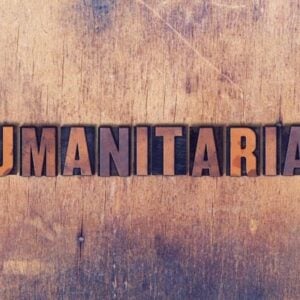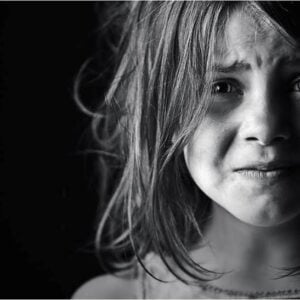Peace and security are crucial for sustainable development, especially in Ghana’s border districts, where communities grapple with poverty, conflict, and the threat of violent extremism. As part of the Preventive Approach to Protecting Development in the Gulf of Guinea (Prevention Facility) project, UNDP Ghana, funded by the Governments of Denmark, Luxembourg, and the Republic of Korea, officially handed over essential livelihood tools and office equipment to the Sawla–Tuna–Kalba and Tempane Districts in August 2025.
The two district assemblies each received a motorbike, laptop, and printer to enhance local governance and service delivery. Additionally, the Ghana Police Service and Immigration Service in these districts were supported with motorbikes to improve mobility, security, and prevent cross-border crime. Various communities within the districts received livelihood support items such as tricycles, grinding mills, and processing machines aimed at boosting economic activities and strengthening livelihoods, particularly for women and youth.
Community members in Sawla–Tuna–Kalba expressed hope that the support would significantly improve their lives. Representatives thanked UNDP Ghana for the intervention and pledged to use the livelihood equipment responsibly, while appealing for further assistance in the future.
The District Chief Executive of Sawla–Tuna–Kalba also expressed gratitude, acknowledging the district’s challenges and emphasizing that the intervention would help alleviate poverty. He committed to ensuring the tools are fully utilized to demonstrate impact and attract continued investment in the communities. Similarly, beneficiaries in Tempane expressed appreciation for the support, highlighting the positive effect the items would have on women and young people’s income and livelihoods.
The District Chief Executive of Tempane reiterated thanks to UNDP Ghana for ongoing support and stressed the importance of maintaining the donated items to showcase the effectiveness of donor contributions. On behalf of UNDP Ghana, Dr. Edward Ampratwum, Head of Inclusive Growth and Accountable Governance, reaffirmed the organization’s dedication to development and peacebuilding, emphasizing the project’s role in promoting sustainable stability through livelihood support and capacity building to counter violent extremism.
By combining livelihood enhancement with strengthened local governance and security, the Prevention Facility project aims to build resilience against violent extremism in border communities like Sawla–Tuna–Kalba and Tempane. With continued backing from its partners, UNDP remains committed to empowering these communities, fostering peace, and creating economic opportunities for women and youth.







